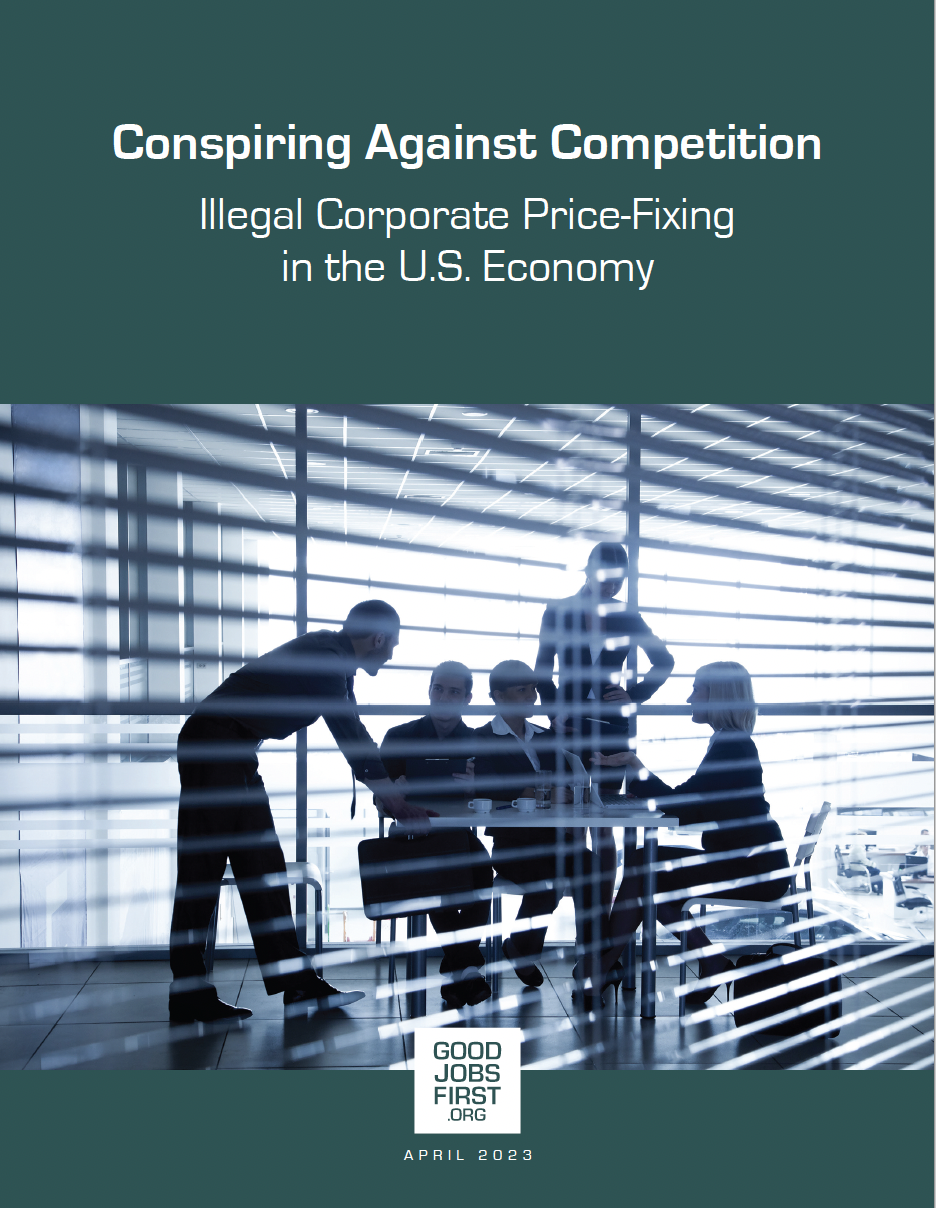The regulatory enforcement system is one of the many things the second Trump Administration has thrown into chaos. The DOGE assault decimated staffing at many agencies. The Consumer Financial Protection Bureau has been all but dismantled. Regulators such as the Environmental Protection Agency are abandoning key parts of their mission. Independent agencies are losing their independence as Trump asserts a right to fire commissioners for no good reason. The Securities and Exchange Commission is dismissing investigations initiated under Biden in a manner that suggests cronyism. Convicted corporate criminals favored by Trump are receiving unjustified pardons.
At the same time, agencies such as the Federal Trade Commission and the Federal Communications Commission, now headed by MAGA zealots, are using their powers to pressure or punish companies perceived to be enemies of the administration. The Justice Department, at the behest of Trump, is extracting substantial monetary settlements from universities facing dubious allegations that they tolerated anti-Semitism.
The news is not all bad. Portions of the federal regulatory and prosecutorial system continue to operate in a fairly normal manner. For example, False Claims Act cases involving federal contractor abuses are getting resolved on a regular basis.
Even more encouraging is the fact that state and local enforcement remain strong in much of the country, while private litigation in the form of class action lawsuits remains robust. Below are some of the key cases of the year collected for our Violation Tracker database, as well as some major foreign cases collected for Violation Tracker Global.
Amazon’s Cancellation Policies. The FTC has not been solely occupied with ideological warfare. In September the agency ordered Amazon to pay a $1 billion penalty and provide $1.5 billion in refunds to customers who had difficulty cancelling their Prime subscriptions.
Discover Bank’s Credit Card Practices. The Federal Deposit Insurance Corporation, a bank regulator not usually associated with major enforcement actions, ordered Discover Bank, now owned by Capital One, to pay a $150 million penalty and $1.2 billion in restitution to millions of merchants. Discover collected improperly high interchange fees by misclassifying consumer credit cards as commercial.
Credit Suisse and Tax Evasion. Credit Suisse, now owned by UBS, pleaded guilty, entered into a non-prosecution agreement with the Justice Department for other charges, and was fined $510 million for maintaining accounts in Singapore on behalf of U.S. taxpayers who were using those accounts to evade U.S. taxes and reporting requirements.
Walgreen’s Invalid Opioid Prescriptions. In one of the year’s most significant False Claims Act cases, which also involved alleged violations of the Controlled Substances Act, Walgreens Boots Alliance reached a $300 million settlement with the DOJ to resolve allegations that it illegally filled millions of invalid prescriptions for opioids and other controlled substances and then sought payment for many of those invalid prescriptions from Medicare and other federal health care programs.
Hino Motors and Emissions Cheating. The biggest environmental case of the year was announced in January while Joe Biden was still in office. Hino Motors, a subsidiary of Toyota, paid criminal and civil penalties totaling $1.6 billion to resolve federal and California state allegations that the company submitted fraudulent emissions testing data for diesel engines imported into the United States.
Kimberly-Clark and Fraudulent Testing. Kimberly-Clark paid over $40 million in fines and compensation to resolve federal allegations that it conducted fraudulent testing on surgical gowns marketed as providing the highest level of protection against fluid and viruses.
Turning now to matters handled by state attorneys general and state regulatory agencies, there were more than 30 such cases which resulted in a penalty of $50 million or more. For example:
DuPont et al. and PFAS. DuPont, Chemours, and Corteva, all of which emerged from the old E.I. DuPont de Nemours and Co., together agreed to pay $2.6 billion to remedy long-standing contamination stemming from PFAS originating from four industrial sites in New Jersey.
Google and Privacy. The Texas Attorney General announced that Google would pay $1.4 billion to resolve allegations it unlawfully tracked and collected users’ private data regarding geolocation, incognito searches, and biometric data.
UnitedHealth Group and Unnecessary Insurance. HealthMarkets Inc., a subsidiary of UnitedHealth Group, was ordered to pay $165 million in penalties and restitution in a case in which the Massachusetts Attorney General accused the company of misleading consumers into buying unnecessary health insurance products.
As for private litigation, more than 30 class action lawsuits with settlement amounts in excess of $50 million received final court approval this year. They include:
Blue Cross Blue Shield Anti-Competitive Practices. Blue Cross Blue Shield Association agreed to pay $2.8 billion to settle litigation brought by medical providers alleging that BCBS policies prevented its members from competing against each other.
Wage-Fixing. Tyson Foods paid $115 million and Perdue Farms paid $60 million to resolve allegations that they participated in a conspiracy among poultry companies to keep wage levels low.
Apple and Privacy. Apple agreed to pay $95 million to settle litigation alleging its Siri voice-activated software violated the privacy of users by eavesdropping on conversations.
The largest penalty outside the U.S. documented in Violation Tracker Global this year was the $3.4 billion fine imposed on Google by the European Commission for distorting competition in the advertising technology industry. The EC also brought large fines against Apple ($575 million) and Meta Platforms ($230 million).
Major penalties were seen in the area of privacy. The Irish Data Protection Commission fined TikTok $599 million, while the French privacy agency CNIL fined Google $378 million and e-commerce giant SHEIN Group $174 million.
The biggest environmental case outside the U.S. was a $140 million penalty against Thames Water in the UK for serious wastewater violations.
The main conclusion from all these cases is that misconduct on the part of large corporations remains pervasive around the world. In the United States, the future of regulatory enforcement at the federal level is uncertain, yet state and local regulators, along with plaintiffs’ lawyers, seek to fill the gap.









You must be logged in to post a comment.